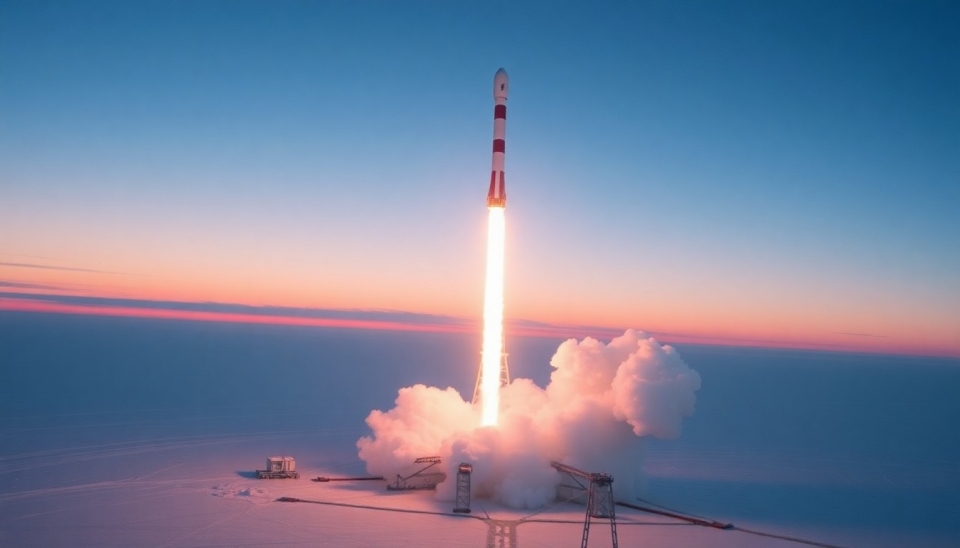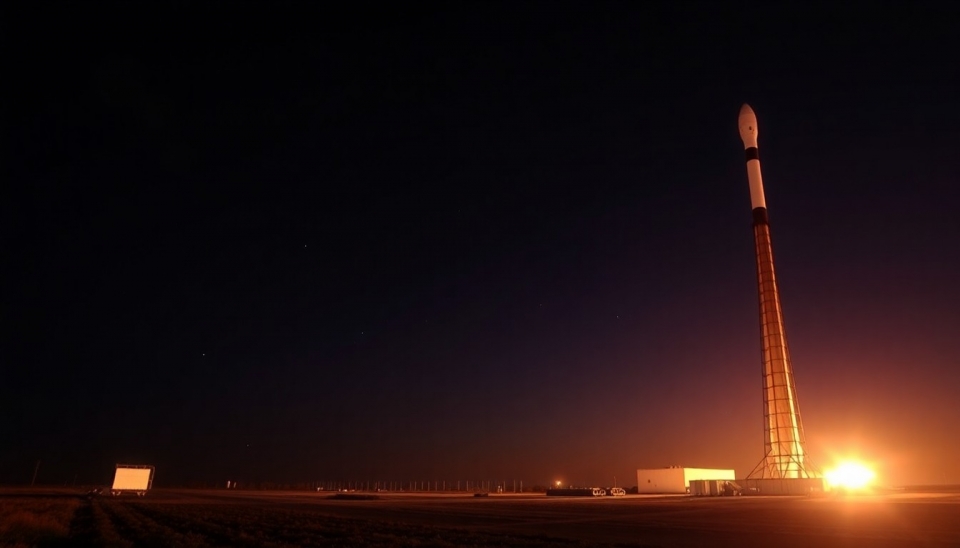
In a significant advancement for its ambitious space exploration goals, SpaceX has received approval earlier than anticipated to conduct its fifth launch of the next-generation Starship vehicle. The earlier-than-expected green light from regulatory bodies marks a crucial turn in SpaceX's ongoing efforts to revolutionize space travel.
The Federal Aviation Administration (FAA) granted the much-coveted launch permit following a brief assessment of SpaceX's compliance with safety and environmental regulations. Analysts had predicted that such a crucial approval might take longer, given the rigorous scrutiny that follows any test launch, particularly in the wake of previous failures and the agency's commitment to ensuring public safety.
SpaceX’s fifth Starship flight is set to demonstrate enhanced capabilities built on the lessons learned from previous missions. Following a string of ambitious tests, including its historic orbital flight that marked a significant milestone in space travel, the upcoming mission aims to push the boundaries of what is possible with reusable spacecraft technology. The company is focused on refining its processes to ensure a successful demonstration that adheres to both safety protocols and ambitious timelines.
This rapid approval comes as part of SpaceX’s broader strategy to establish a sustainable human presence on Mars. CEO Elon Musk has consistently emphasized the need for rapid iterations and frequent testing, viewing setbacks as opportunities for growth and improvement. This mindset could be crucial as SpaceX ramps up its testing schedule, leading to potentially transformative changes in the industry.
The upcoming launch is expected to take place within the next month, allowing SpaceX to further its plans for future missions, including crewed flights to the Moon and Mars. As anticipation builds around this next flight, SpaceX enthusiasts and space exploration aficionados alike are keenly monitoring the developments surrounding the launch. The facility in Boca Chica, Texas, where the vehicle will be tested, has become a focal point for innovation in the aerospace sector.
Notably, the approval process has implications that extend beyond just this mission. It signals a shift in regulatory attitude towards commercial space travel, indicating a more streamlined approach to approving future missions as the space industry continues to evolve. This acceptance by the FAA could herald a new era of possibilities for various private aerospace firms seeking to contribute to humanity’s exploration of space.
As the launch date nears, speculation and excitement grow regarding what new technologies and advancements SpaceX will unveil during this mission. The company's journey is watched closely by industry experts who have articulated the importance of these developments not just for SpaceX, but for the future of space exploration as a whole.
With the anticipation surrounding the fifth Starship launch intensifying, many are left to wonder how the mission will pave the way for further exploration beyond our planet and how such technological advancements could serve broader applications in science and industry.
SpaceX is leading a transformative charge in the aerospace sector, and its latest milestone is a testament to the ambitious vision held by its leaders and engineers. As the world looks toward the stars, SpaceX is positioning itself at the forefront of the next great leap in human exploration.
#SpaceX #Starship #SpaceExploration #FAA #Aerospace #ElonMusk #Innovation
Author: Emily Collins




